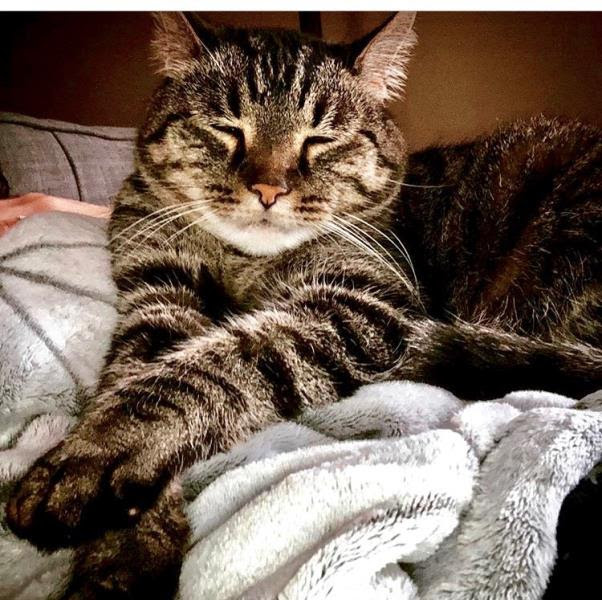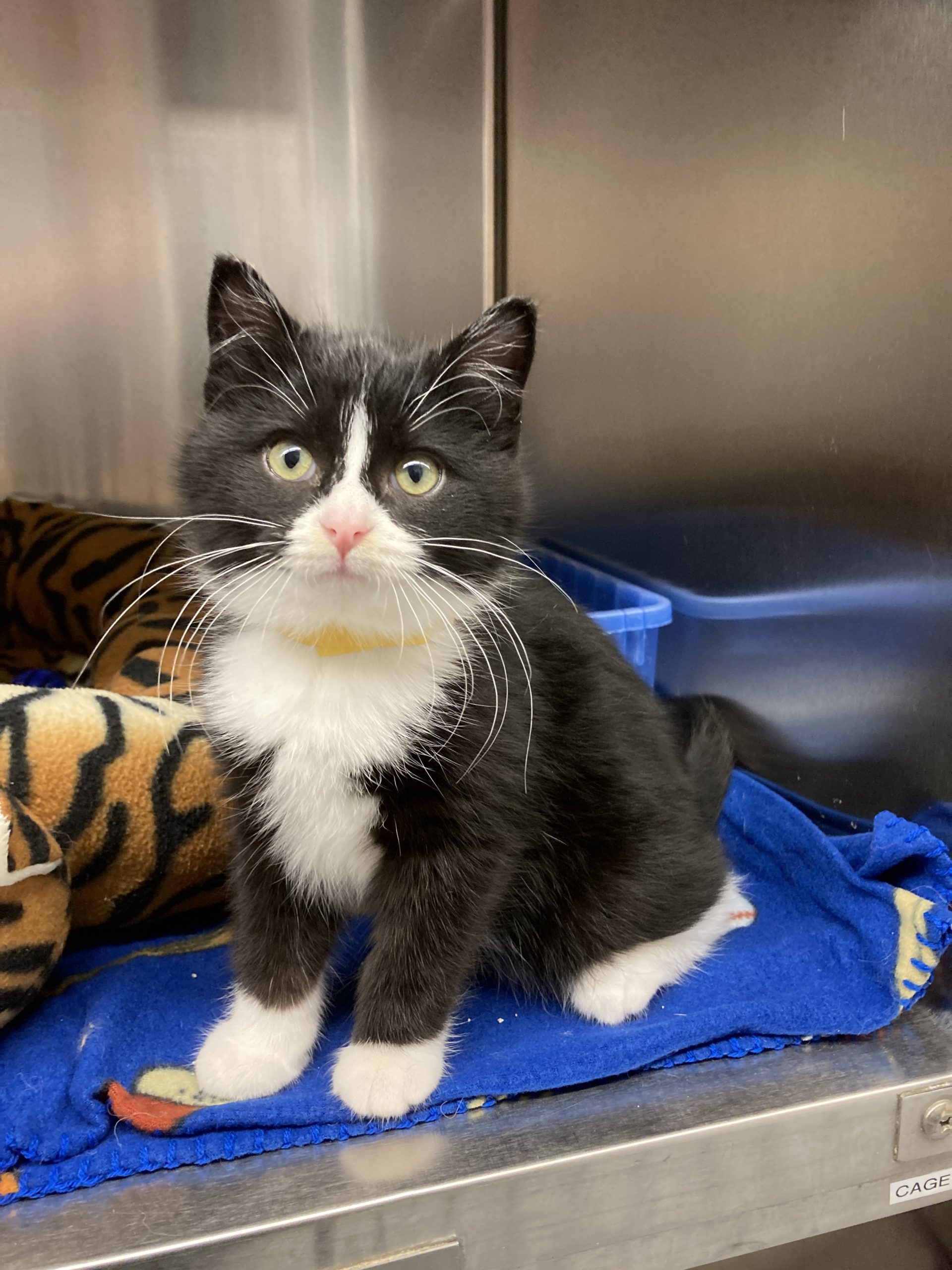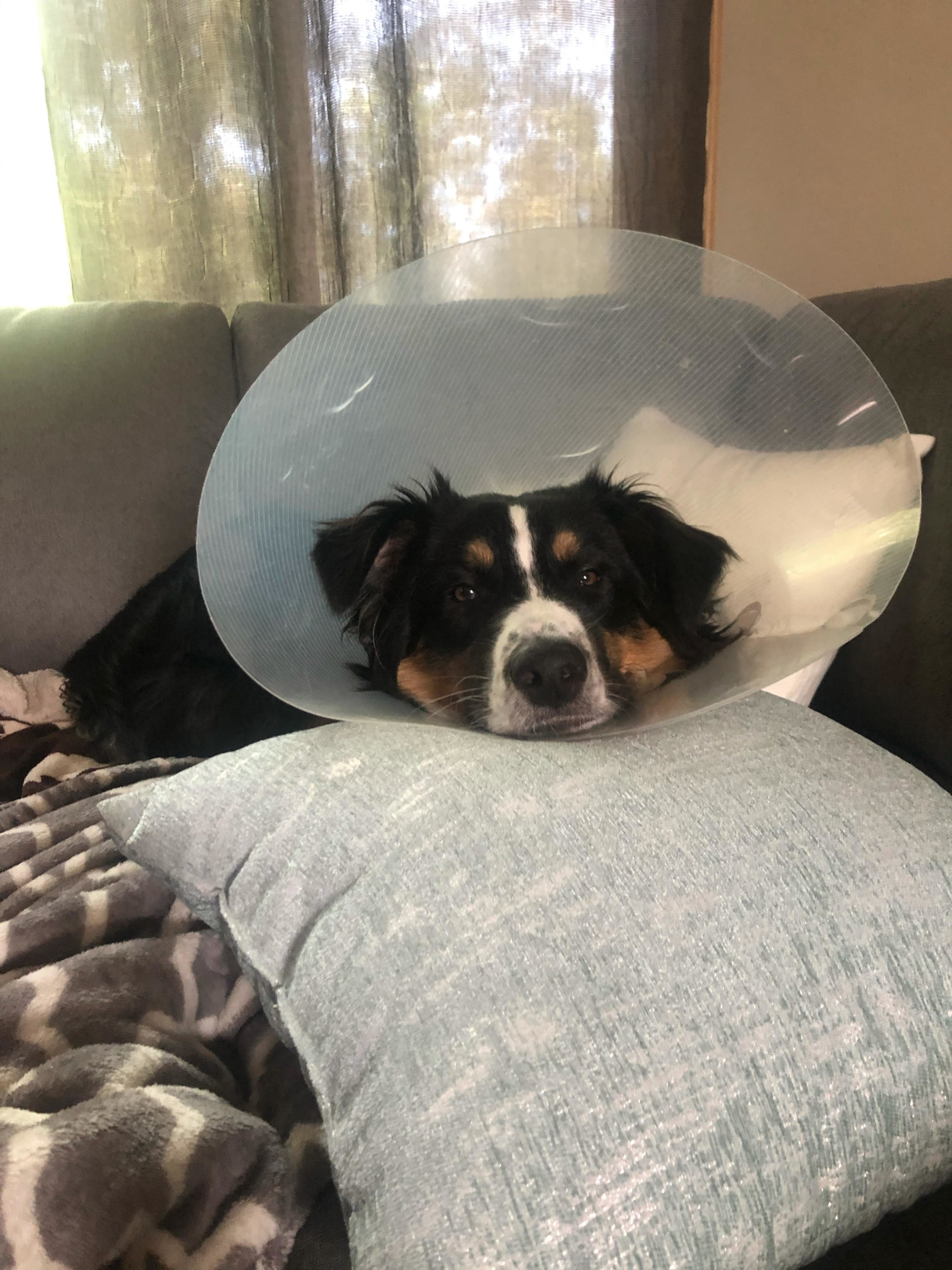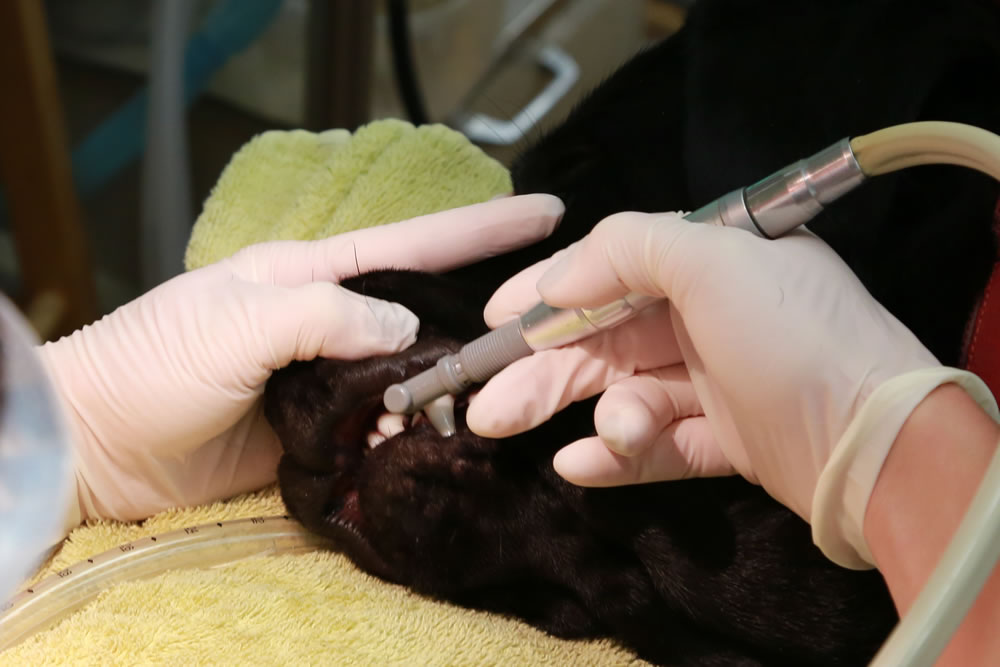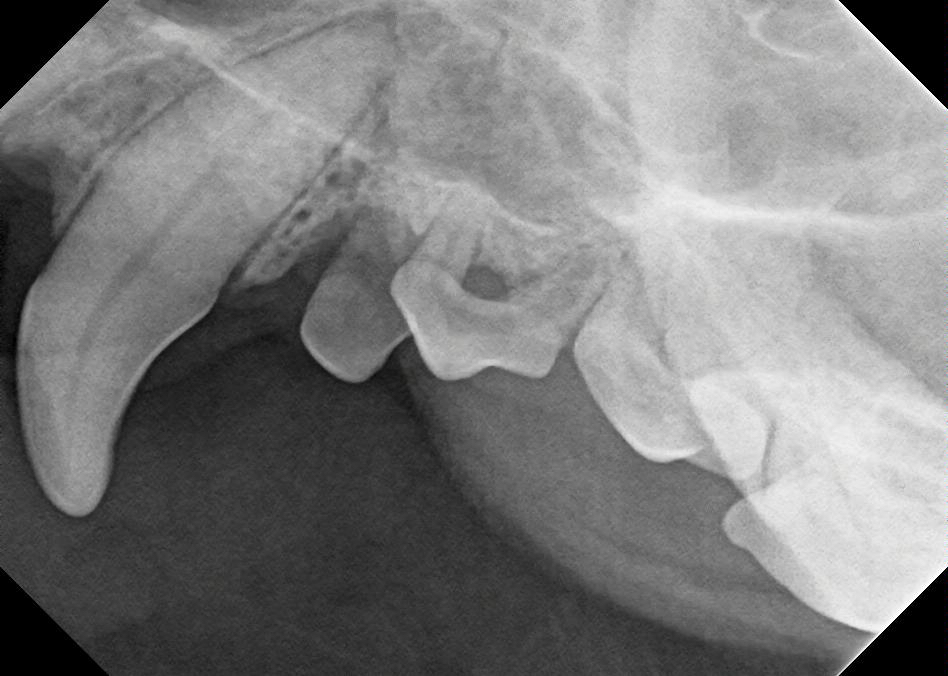ANESTHESIA, SURGERY, AND DENTISTRY
Our Services
Anesthesia
We know that having a pet undergo anesthesia creates some anxiety for their humans. At St Francis, we feel confident that we provide the most current anesthetic and pain management protocols tailored to your individual pet.
Pre-anesthetic bloodwork is required on every patient to evaluate his or her organ function, red blood cells, white blood cells, and platelets. We typically perform this bloodwork 1 to 2 weeks prior to your pet’s anesthetic procedure.
Every pet under anesthesia receives constant monitoring by a qualified dedicated veterinary technician. We use an injectable combination of medications, followed by gas anesthesia (isoflurane) for most patients. Patients are intubated to provide airway access, and most patients have an intravenous catheter with IV fluid therapy while under anesthesia. Patients are also provided with thermal support via a Bair Hugger warming blanket to prevent hypothermia.
Your pet is monitored with a pulse oximeter, an electrocardiogram (ECG), capnograph, and a blood pressure machine. Veterinary technicians are continuously monitoring and recording your pet’s heart rate, respiratory rate, oxygen saturation, blood pressure, body temperature, and anesthetic depth.
Depending on the procedure, your pet may receive non-steroidal anti-inflammatory pain medications (Rimadyl or Metacam), opioid pain medications (hydromorphone, morphine, butorphanol, or buprenorphine), constant rate infusions (CRIs) of intravenous pain medications, a transdermal fentanyl patch, and/or local anesthetic blocks to provide multi-modal pain management.
Your pet is closely monitored before, during, and after anesthesia. If complications arise, our veterinarians will discuss them with you immediately. All clients will receive a post-operative call from the veterinarian or technician with an update on their pet’s status.
If you have any questions that we can answer regarding anesthesia at St. Francis, please contact us at (651) 645-2808 or group@stfrancisabh.com.
Surgery
Our veterinarians routinely perform an array of soft tissue surgical procedures including spays, neuters, mass removals, cystotomy/bladder stone removal and exploratory surgeries, as well as a number of other soft tissue surgeries. For orthopedic surgeries and advanced soft tissue surgeries, we collaborate with a team of board-certified surgeons who perform most of the procedures at our facility.
We make every effort to ensure that your pet receives the best possible care. Our focus on patient safety, pain management, and the most current surgical practices is designed to exceed your expectations. Our staff of compassionate, caring professionals will monitor your pet before, during, and after surgery, while taking exceptional care to ensure a safe and complete recovery. We will also address any questions or concerns you may have about surgery, including concerns about anesthesia, pain management, or postoperative care.
Soft Tissue Surgery
Surgeries are generally performed Monday through Friday. All of our surgery patients are discharged on the same day of surgery. The most common soft tissue surgical procedures include:
Spaying / Neutering
We offer spaying and neutering services for dogs, cats, rabbits, and other small mammals. Spaying and neutering prevents your pet from reproducing. In addition, spaying and neutering your pet generally leads to a longer life by protecting him or her from reproductive tract diseases and cancers involving the reproductive tract.
Mass / Tumor Removals
Skin masses are common in pets. Some masses are benign, while others are cancerous. Often, surgical removal of the mass is necessary to obtain a definitive diagnosis. Our highly skilled doctors can perform mass removal(s) for your pet. After surgery, masses are submitted to our outside laboratory for histopathology.
Cystotomy
Bladder stones are very common in dogs and cats. Our highly trained doctors and staff can perform a surgery called a cystotomy to remove stones from your pet’s bladder. After removal, stones are submitted for analysis so we can provide you with a long-term management plan for prevention of future stones in your pet.
Abdominal Exploratory
Exploratory surgery is most commonly indicated to remove a foreign body causing an obstruction within the intestinal tract. This may involve an incision into the stomach (gastrotomy) or intestinal tract (enterotomy) depending on the location of the obstruction. For more severe cases, a resection and anastamosis (i.e. removal of a segment of intestine) is necessary. Exploratory surgery may also be indicated to remove a tumor or to obtain biopsies of internal organs.
Other Soft Tissue Surgeries
Our doctors regularly perform a wide variety of other soft tissue surgeries including laceration repair, biopsy of skin or masses, surgical management of abscesses, enucleation (surgical removal of an eye), hernia repair, and mastectomy (surgical removal of a mammary gland or chain).
Specialty Surgery
For advanced soft tissue surgeries and orthopedic surgery, we work with Dr. Lara Rasmussen of ‘Direct Veterinary Surgery’ as well as Dr. Scott Hammel of ‘City of Lakes Veterinary Surgery’. Both are board-certified veterinary surgeons. The most common orthopedic conditions treated at St. Francis include:
Cruciate Ligament Injuries
Depending on the size and activity level of your pet, our surgeons will recommend an extracapsular repair or a Tibial Tuberosity Advancement (TTA) to repair your pet’s injured cruciate ligament. If your pet has also sustained a meniscal injury, it may be treated at the time of the cruciate ligament surgery. For more information on cruciate ligament disease, please click here.
Patellar Luxation Repair
Many dogs suffer from patellar luxation. Our surgeons can perform surgery to correct this common problem. For more information on patellar luxation, please click here.
Fractures or Dislocations
Our surgeons can manage your pet’s fracture or dislocation with the most appropriate techniques including pins, plates, wires, or external splinting or casting.
Other Specialty Surgeries
Other orthopedic surgeries performed at St. Francis include femoral head ostectomy, denervation, limb amputation, ulnar osteotomy/ostectomy, and joint arthrodesis. Other specialty procedures performed at St. Francis include extensive mass removals that require skin grafting, total ear canal ablation, and salivary gland surgery.
The doctors and technical staff at St. Francis will manage your pet’s aftercare following any of these orthopedic surgeries. We will provide you with instructions for post-operative care, bandage care, pain management, and physical therapy for your pet.
Our partnership with board-certified veterinary surgeons allows you to have advanced orthopedic care for your pet in the comfort of your own neighborhood veterinary clinic with the doctors and staff that you trust.
Veterinary Dentistry
Dental health is important in the overall health of your pet. We place a strong focus on regular dental examinations and at-home dental care such as brushing, oral rinses, dental diets and dental treats/chews.
During your pet’s dental examination, we will look for the common signs of dental disease, including:
- Excessive tartar accumulation
- Gum disease – gingivitis, gingival recession, or stomatitis
- Loose teeth
- Excessive drooling
- Tooth resorptive lesions / feline odontoclastic resorptive lesions
- Signs of infection (especially facial swelling just below the eye)
- Oral masses
- Bad breath
- Signs of trauma – fractured, discolored, or chipped teeth
If we detect any of these signs of dental disease, we will recommend a professional dental cleaning and evaluation under anesthesia.
What to Expect During A Professional Dental Procedure
Prior to the procedure, we will recommend routine blood work to evaluate your pet’s internal organ function and blood cells (red blood cells, white blood cells, and platelets). Your veterinarian will provide you with an estimate that includes a range for dental cleaning, radiographs, extractions/oral surgery, and post-operative therapy. Unfortunately, it is very difficult to provide a precise estimate for extractions or periodontal therapy until we are able to thoroughly evaluate the teeth under anesthesia and perform dental radiographs.
On the day of the procedure, we will ask you to arrive at 8 am. Dental procedures are performed in the morning and most patients are discharged between 4 pm and 6 pm, depending on their recovery from anesthesia. Your pet will be under general anesthesia for the procedure. Our dentistry patients at St. Francis can expect the following:
- Highly trained veterinarians and technicians experienced in current anesthesia and dental techniques.
- Anesthesia protocols tailored to your individual pet’s needs including local anesthesia and constant rate infusions (CRIs) of pain medications, if appropriate.
- Full anesthetic monitoring including pulse oximetry, electrocardiogram (ECG), blood pressure monitoring, and a dedicated veterinary technician.
- Perioperative fluid support and thermal support.
Our dental patients receive ultrasonic dental cleaning performed by highly skilled veterinary technicians. Any dental plaque/tartar is removed from the visible tooth surface as well as from below the gum line. Periodontal pockets are probed and measured to identify periodontal disease. Intra-oral digital dental radiographs are performed on any fractured, discolored, missing, or diseased teeth and evaluated by the veterinarian.
If diseased teeth are discovered, surgical extractions of those teeth are recommended. In addition, our veterinarians will thoroughly inspect your pet’s oral cavity, tongue, gingiva, and lips. Any masses, oral lesions, or other abnormalities are biopsied (if warranted).
Lastly, your pet will receive dental polishing and fluoride therapy. A dental chart noting any missing, extracted, or diseased teeth will remain in your pet’s medical record and a copy will be provided to you at the time of your pet’s discharge appointment.
There has been a recent fad regarding ‘anesthesia-free veterinary dentistry’. This type of care is not recommended for your pet. The majority of dental disease in pets occurs below the gum line. Without anesthesia, there is no way to assess or treat disease below the gum line. In addition, scaling your pet’s teeth without being able to follow up with thorough dental polishing can actual cause more dental plaque accumulation in the future. Lastly, no tooth should ever be surgically extracted without anesthesia and pain management.
At-Home Dental Care
Regular dental brushing between veterinary visits provides the best possible protection against dental disease for your pet. We can provide you with tips for successful brushing of your pet’s teeth at home. In addition, dental chews, dental diets (Hill’s Prescription t/d), and oral rinses such as C.E.T. Rinse can provide additional management of dental disease at home.
For more information on at-home dental brushing, please click here.
We understand that maintaining a healthy mouth plays a key role in your pet’s overall health and longevity, and we look forward to partnering with you to provide the best veterinary dental care possible. Please contact us at (651) 645-2808 to schedule a dental evaluation or cleaning appointment today.

